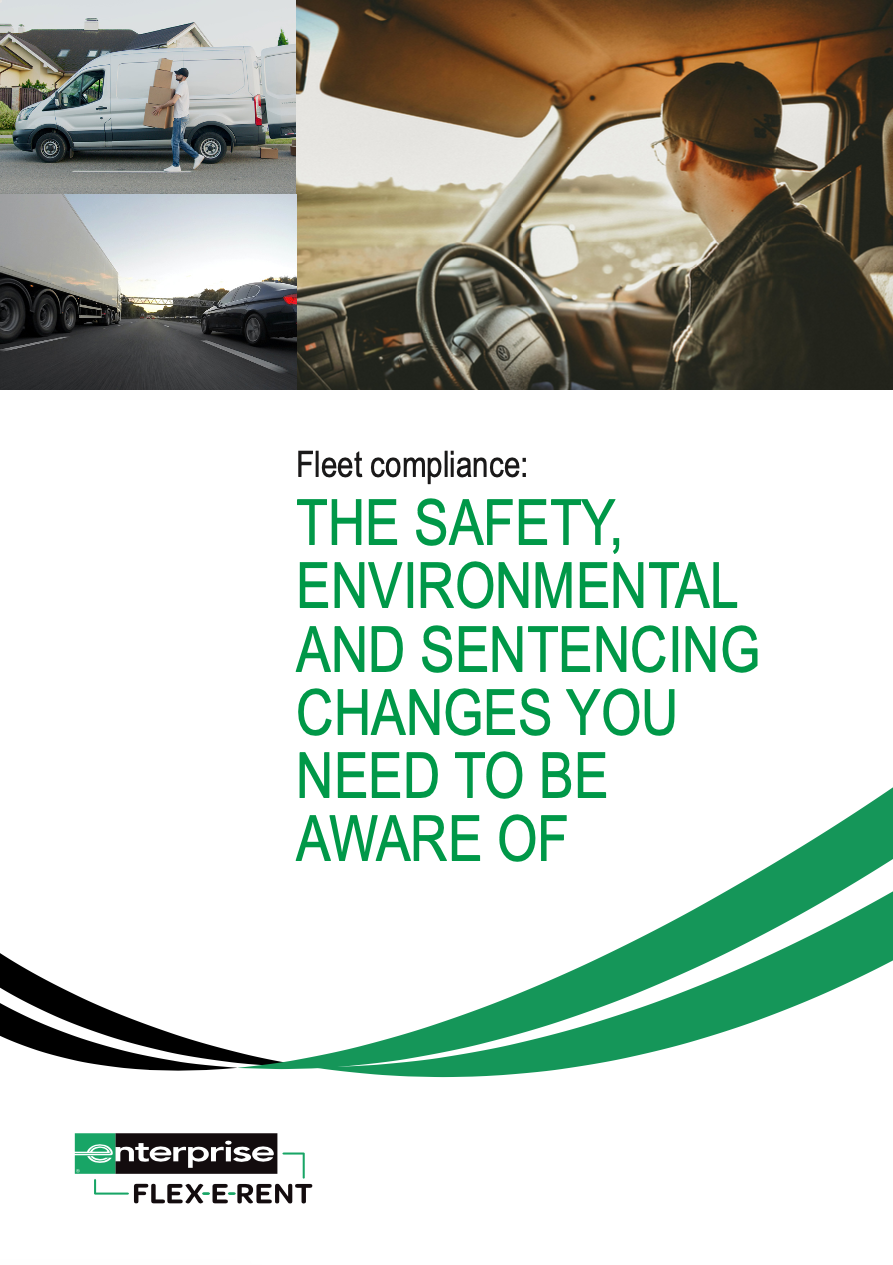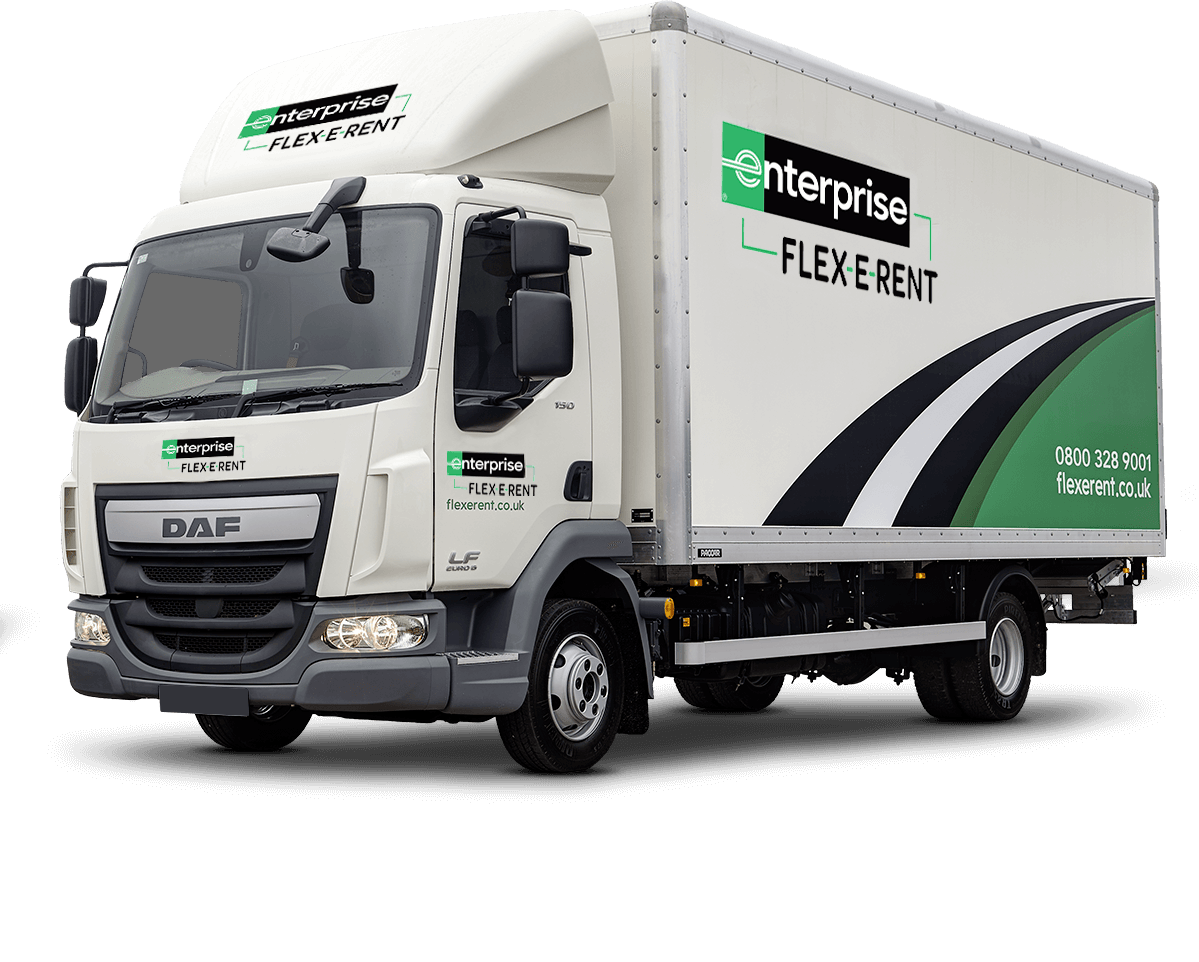The HSE has recently announced that it is carrying out inspections in all areas to ensure they are Covid-secure - which also applies to commercial fleet operators.
For fleet managers who are now exceptionally busy, this perhaps isn’t the best timing. That being said, there’s no need for concern. We explain what these inspections actually mean, including what they involve and how you can ensure your business is Covid-secure in line with the HSE’s expectations.
What are the HSE inspections?
The HSE is carrying out “spot checks and inspections” on all types of businesses to make sure they are Covid-secure.
They state that they’re offering expert advice to employers on how to manage risk, and protect workers, customers and visitors by ensuring that the appropriate measures (in line with government guidance) are in place.
Inspectors will make these checks part of their normal role in visiting workplaces during the pandemic, and they’re working closely with external partners to ensure these checks are carried out as efficiently as possible. The HSE also requires employers who receive a call or visit request to participate in the check - or face enforcement action.
This will range from issuing enforcement notices, to preventing certain activities from taking place until they are deemed safe. Where businesses fail to comply, they could face prosecution.
This is general information on the HSE inspections - let’s take a closer look at what they actually mean for those in the commercial fleet industry.
What do the inspections mean for fleet managers?
With the demand for many commercial fleet operators increasing the HSE inspections will be carried out to ensure that regardless of pressure, fleets remain Covid-secure.
HSE inspectors, as well as local authority officers will be visiting businesses operating commercial fleets across the UK - particularly those in the logistics and distribution sector. A surge in online demand for these businesses has created a need for more vehicles and drivers in areas such as distribution centres and warehouses.
These environments pose a potential risk to workers (for example, working in close proximity with others), and since additional drivers are likely to be temporary or agency workers, it’s essential that businesses do everything they can to prevent the spread of coronavirus.
After all, employers have always had a legal obligation to protect workers from harm - the only difference is that this now also means taking the steps necessary to control and reduce the risk of Covid-19.
This includes having appropriate safety measures in place, such as:
- Social distancing.
- Strict cleaning protocols and procedures (such as thoroughly cleaning equipment or vehicles before and after every use)
- The provision of suitable toilet and hand washing facilities for all workers - including visiting or temporary workers.
These are the kind of controls that the HSE will be evaluating - but depending on your individual working environment, there could be additional measures to consider. This means that prior to any inspection, you need to ensure not only that Covid-secure controls are in place (as they should be already) but that you’ve consulted with workers who are confident that they are sufficient.
How can I ensure my workplace is Covid-secure?
Your working environment should already have measures in place to prevent the spread of Covid-19, however, it’s good to refresh yourself on what is required prior to inspection.
The HSE offers a wealth of handy resources to help employers educate themselves on what their responsibilities are during the Covid-19 pandemic, including:
- What to include in your COVID-19 risk assessment
- Making your workplace COVID-secure
- A guide on social distancing in the workplace
- Driver welfare at delivery and collection sites during the pandemic
- General guidance on vehicle safety at work
The HSE recognises that these safety considerations are new to many businesses, however, becoming properly Covid-secure benefits us all - which is why fleet managers need to be doing everything they can to achieve it.
How secure your fleet is from Covid-19 is just one consideration of many when it comes to keeping your vehicles compliant. Fleet regulations are always changing, and in addition to Covid-19, the year ahead promises even further considerations. That’s why it’s essential that you’re up to date with continually changing regulations, rules and safety requirements - all of which can be found in our helpful guide: Fleet compliance: the safety, environmental & sentencing changes you need to be aware of.
Get clear information and advice on the latest fleet legislation, and learn how to stay compliant - both now and in the future:





